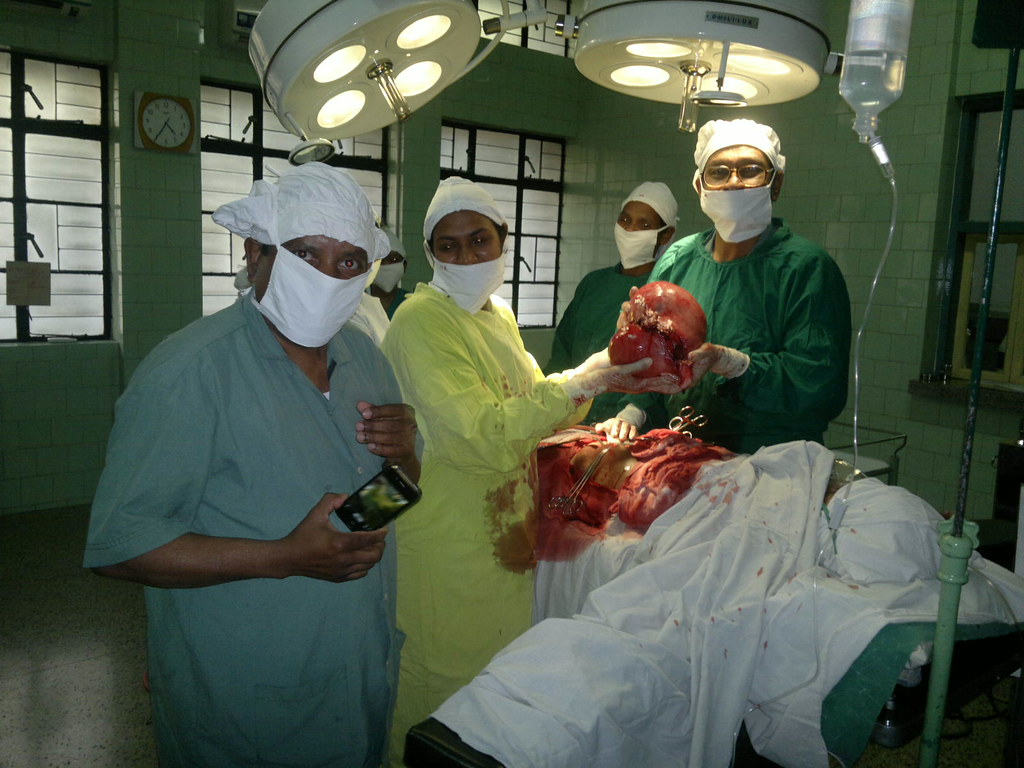


Good evening everyone,
We extend a warm welcome to all of you for today’s lecture. Our focus today is on the connection between fibroids and female infertility, shedding light on the potential effects of fibroid surgery on a woman’s fertility. Fibroids, non-cancerous growths that can develop in or around the uterus, often necessitate surgical intervention to alleviate symptoms. However, certain types of fibroid surgery can inadvertently lead to complications related to fertility. In this discussion, we will explore the various ways in which fibroid surgery can affect a woman’s ability to conceive and carry a pregnancy to term.
How Fibroid Surgery Can Impact Fertility:
Fibroid surgery, particularly myomectomy, which involves the removal of fibroids, can have implications for a woman’s fertility due to several factors. Surgical procedures involving the uterus may inadvertently damage delicate reproductive structures, such as the endometrial lining or the fallopian tubes, which are essential for conception and pregnancy. Scar tissue formation following surgery can also disrupt the normal functioning of reproductive organs, potentially hindering the implantation of a fertilized egg or the ability of the uterus to support a growing pregnancy.
It’s important to note that not all fibroid surgeries lead to infertility, and the degree of impact can vary from individual to individual. Consulting a healthcare professional before undergoing such surgery is crucial in understanding potential risks and outcomes.
Short-Term Complications of Uterine Fibroid Surgery:
Infection: Surgical procedures carry a risk of postoperative infections, such as pelvic or urinary tract infections.
Bleeding: Excessive bleeding during or after surgery might necessitate blood transfusion or further medical intervention.
Injury to Surrounding Organs: There is a small possibility of accidental injury to adjacent organs, such as the bladder or intestines, during surgery.
Uterine Perforation: In rare instances, surgical instruments may penetrate the uterine wall, leading to perforation, which can result in infection, bleeding, or damage to nearby structures.
Anesthesia-Related Complications: General anesthesia carries certain risks, including adverse reactions to medication, lung or heart problems, or allergic reactions.
Long-Term Complications of Uterine Fibroid Surgery:
Adhesion Formation: The development of scar tissue after surgery can lead to complications like pain or bowel blockage.
Amenorrhea: Scar tissue formation within the uterine cavity can result in the absence of menstrual bleeding.
Infertility: Several factors can contribute to infertility following fibroid surgery, including the removal of ovaries during surgery, scar tissue formation inside the uterine cavity (Asherman’s Syndrome), blockage of fallopian tubes, delayed surgery beyond optimal fertility age (40 years and above), and removal of the uterus due to large fibroids.
To mitigate the impact of fibroid surgery on fertility, certain steps can be taken:
Early Childbearing: Women with a family history of fibroids are advised to consider early childbirth.
Timely Surgery: Avoid allowing fibroids to grow excessively before seeking surgical intervention.
Medication and Herbs: Medications and herbs are effective in shrinking small fibroids (less than 5mm in diameter) or reducing the size of larger fibroids before surgery.
Proactive Surgery: Opt for fibroid surgery before the fibroids become too large.
Age Consideration: Avoid delaying surgery until the age of 40 and above, when natural fertility declines.
Suncel Hospital: Consider Suncel Hospital for fibroid surgery, where fertility preservation is a priority.
In conclusion, fibroid surgery, while beneficial for managing symptoms, can impact a woman’s fertility due to various factors. It’s essential to make informed decisions in consultation with healthcare professionals and opt for timely interventions to safeguard fertility. At Suncel Hospital, we prioritize fertility during fibroid surgeries, ensuring the best possible outcomes for our patients. Thank you for joining us today, and we encourage you to reach out to us for any further information or assistance.
***We Promise, no spam!
